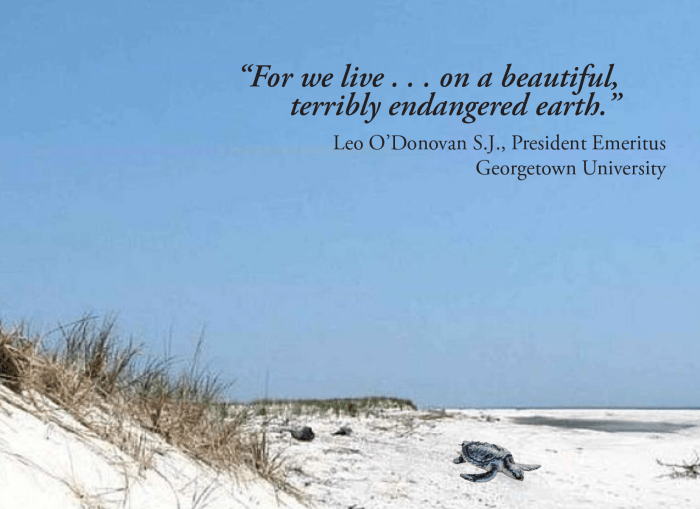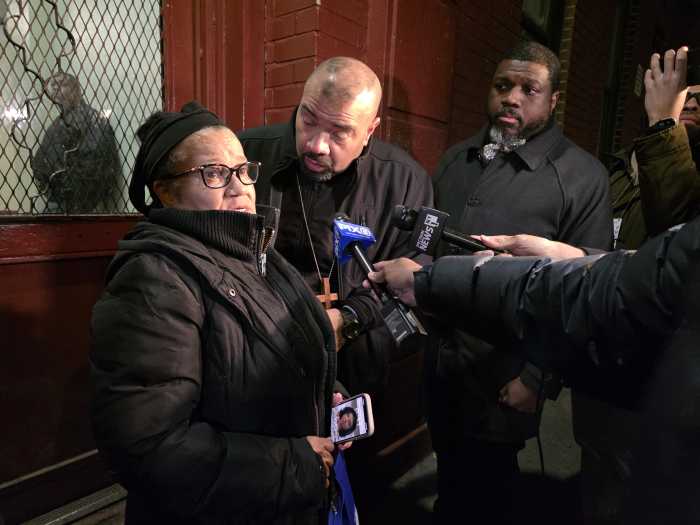Life may be a cabaret. But Broadway’s “Cabaret” is now also the subject of a real-life lawsuit.
While “The Producers” is a musical comedy based on producers’ fictional plans to fail in order to keep all the investments, a lawsuit filed by an attorney against the principal producers of Broadway’s “Cabaret at the Kit Club” show charges actual fraud.
James Lorenzo Walker Jr., an entertainment lawyer and investor based in Georgia, on Sept. 4 sued the principal producers of Broadway’s “Cabaret at the Kit Kat Club” for allegedly failing to pay out profits or provide accounting for funds.
The suit, focusing on the beleaguered Broadway show, was filed just as the principal producers announced it will close Sept. 21, four weeks ahead of schedule after a 17-month run.
Lorenzo is suing on his behalf and on behalf of KKC Productions, created to pool $50,000 in investments, in New York State Supreme Court in Manhattan.
“While we are incredibly proud of the artistic success of Cabaret at the Kat Kat Club on Broadway and deeply saddened by the fact it has had to close early, the production has not been in a position fiscally to make any distribution to investors,” the producers said in a written statement. “We’ve offered to engage in a constructive dialogue with Mr. Walker regarding his financial expectations and to give him access to our accounts, but unfortunately, he has instead decided to file a lawsuit that lacks any merit.”
The suit names entities including ATG Productions, a New York-based theatrical company described in the litigation as lead producer of Cabaret, “with operational control over the finances, management, and creative decisions of the production.”
ATG also reportedly owns the August Wilson Theatre, where the show has been running and which was modified for this production.
The Broadway Report indicated ATG is majority-owned by Providence Equity Partners and minority-owned by Blackstone Inc.
The suit seeks to place all monies going to the partnership in trust until accounting or audits are complete, and seeks compensation, legal cost reimbursement and damages.
The litigation, which also names various other entities and individuals, says despite a production grossing more than $90 million since opening on April 21, 2024, investors have not received a return on their investment or a share of earnings.
Instead of payments, they say they have been met with “stonewalling any share in partnership profits.”
It calls this a “scheme in theatrical financing whereby outside investors are induced to invest cash into multi-layered structures designed to conceal revenues.”
The show itself seems to have had a big budget by Broadway standards and lost steam once its first and last stars left.
During the first seven weeks after opening, weekly expenses averaged $1.5 million, while grosses reached as high as $2 million, on the coat tails of performer Eddie Redmayne, according to the Broadway Report
Operating profits totaled only $704,000 in the first 10 weeks of previews and performances, Broadway Journal indicated.
This comes as the London West End production continues into its fourth year. Billy Porter, who recently took the lead role of emcee, ended his run to recover from sepsis, possibly prompting the early closure.
“It is with a heavy heart that we have made the painful decision to end our Broadway run on September 21,” producer Adam Speers said in a statement after the closing was announced.
The production faced unusual expenses, spending $7.5 million transforming the theater into the show’s setting, according to the Broadway Report.
Cameron Mackintosh and Andrew Lloyd Webber in 1987, according to the Broadway Report, prevailed upon the Shubert Organization to pay to modify the Majestic Theater before renting it for Phantom of the Opera.
Cabaret, which was nominated for nine Tony awards, won for scenic design, not likely to boost sales.
The lead producers waived their fees and royalties for about a year, according to Broadway Journal.
The lawsuit indicates plaintiffs have “requested and been denied access to records or an accounting” and have “been denied any meaningful review of partnership records or finances.”
The contract with investors indicates the general partners may apply for an exemption from requirements to file certified accounting statements with the New York State Department of Law.
Limited Partners would then rely “solely on the Partnership for the determination of their share of Partnership Net Profits and for the accuracy of such statements,” according to the agreement.
The contract also indicates the partnership may have “business dealings and undertakings with other “Limited Partners, their respective Affiliates, the General Partners and their respective Affiliates.”
And the contract notes “a portion of the construction costs necessary to modify the Broadway theater” into the Kit Kat club “will be borne by the partnership and that such costs are included as part of the production expenses.”
It also notes the Partnership “may be responsible for a portion of the costs necessary to restore the Broadway theater to its original state upon the close of the Broadway Production.”
The suit says principal producers also sought to “divert payments, and facilitate self-dealing among insiders and their affiliated entities,” while denying outside investors “transparency, accountability and the financial benefits to which they are legally entitled.”
The suit says this constitutes misappropriation of investor funds and violations of fiduciary duties, contractual obligations and New York law.
Walker has invested in numerous Broadway productions including “The Temptations,” “Camelot,” “Piano Lessons,” “Sinatra,” “Here Lies Love,” and “MJ The Musical.”
He also represented i Soledad O’Brien, Jamie Foxx, DMX, Aretha Franklin, K Camp, Patti Labelle, Keke Wyatt, Shi DJ Jay Knix, Darlene McCoy, and DJ Willie Moore, Jr.
And he has been “involved” in “Cabaret,” “Hell’s Kitchen,” “Dead Outlaw,” and “Buena Vista Social Club” and invested in The Museum of Broadway.





































